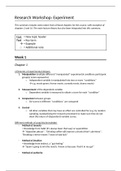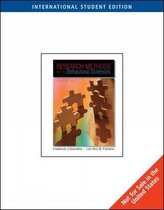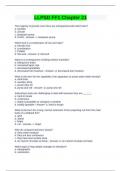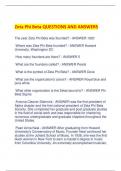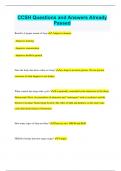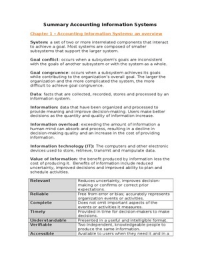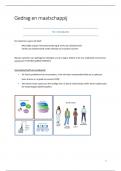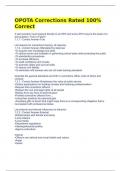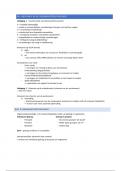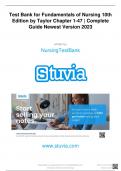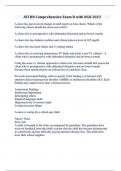Resume
Research Workshop: Experiment - Summary
- Cours
- Établissement
- Book
This is a summary of the UvA course Research Workshop: Experiment, which is part of their Communication Science program. The summary includes notes taken from all book chapters for this course*, with exception of chapters 2 and 16. The main lecture theory has also been integrated into this summary...
[Montrer plus]
